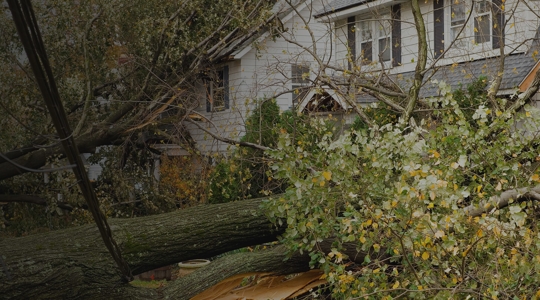When Are Insurance Companies Practicing Bad Faith?
A person may file a lawsuit against an insurance company that has failed to honor their policy by engaging in practices designed to minimize their claim. These practices include failing to fully investigate a claim, refusing to honor a claim after a claimant has provided sufficient evidence of cause, or employing practices that delay claims for unreasonable periods.
Common bad faith insurance practices include:
- Misrepresenting facts about a policy
- Hiding policy restrictions before purchase
- Failing to address claims promptly
- Leveraging one aspect of a policy against another
- Failing to approve or deny a claim within a reasonable amount of time
- Attempting to obtain a release of claim before the policy has been fully honored
- Denying a claim without a thorough investigation
- Unlawfully requesting federal income tax returns
Bad faith claims often happen after fires, floods, hurricanes, car accidents, and other common insurance claims. During a natural disaster, insurance companies receive a high number of claims from people and businesses in need. To minimize loss, insurance companies sometimes adopt dishonest practices in the hopes that no one will notice or with the expectation that their clients will simply take a low offer out of desperation.
Bad Faith Law
When insurance companies exhibit bad faith, they're engaging in illegal business practices. If you suspect your claim has been subjected to bad faith practices, claimants should immediately file a report with their state’s insurance board. Doing so will launch an investigation into the actions of the insurance company.
However, insurance boards are not able to force your insurance company to pay a claim; they can only fine the insurance company for their behavior. At this point, claimants will require the help of an experienced insurance bad faith attorney. Hiring a qualified attorney will put an advocate in your corner who is prepared to fight for your compensation at the negotiation table or in a courtroom. Only with an attorney are you likely to get every dollar you deserve for your losses, whether it's a homeowner's insurance policy, an auto policy, or any other policy type.
What Doesn’t Qualify as Bad Faith
Bad faith practices are incredibly frustrating and stall policyholders' lives, causing them undue hardship. However, though a claims filing process can be frustrating, not all frustration is due to practicing insurance bad faith. For example, a disagreement between the adjuster and claimant is not always a sign of bad faith. However, if an adjuster fails to adequately prove their offer is fair, they could be liable for your losses under bad faith law. If you are unsure about your situation, it is always best to consult an insurance bad faith attorney in Louisiana.
Call Today for a Free Consultation: (888) 493-1629
In many cases, the only way to know if your insurance company is being dishonest with your claim is to speak with a Louisiana insurance lawyer. Once you call Arnold & Itkin, we will discuss the specifics of your claim and inform you if we believe that your insurance company is practicing bad faith. After Hurricane Harvey devastated the Gulf Coast, our attorneys were there to help residents hold their insurance companies accountable. We helped dozens of people receive the compensation they deserved so they could rebuild after one of the worst natural disasters in United States history. We were ready to fight for them then, and we are ready to fight for you today.
If you think your insurance company is being dishonest, call the Louisiana bad faith insurance attorneys at Arnold & Itkin today at (888) 493-1629. You deserve to recover, so we won’t let your insurance company unfairly delay or deny your claim.
